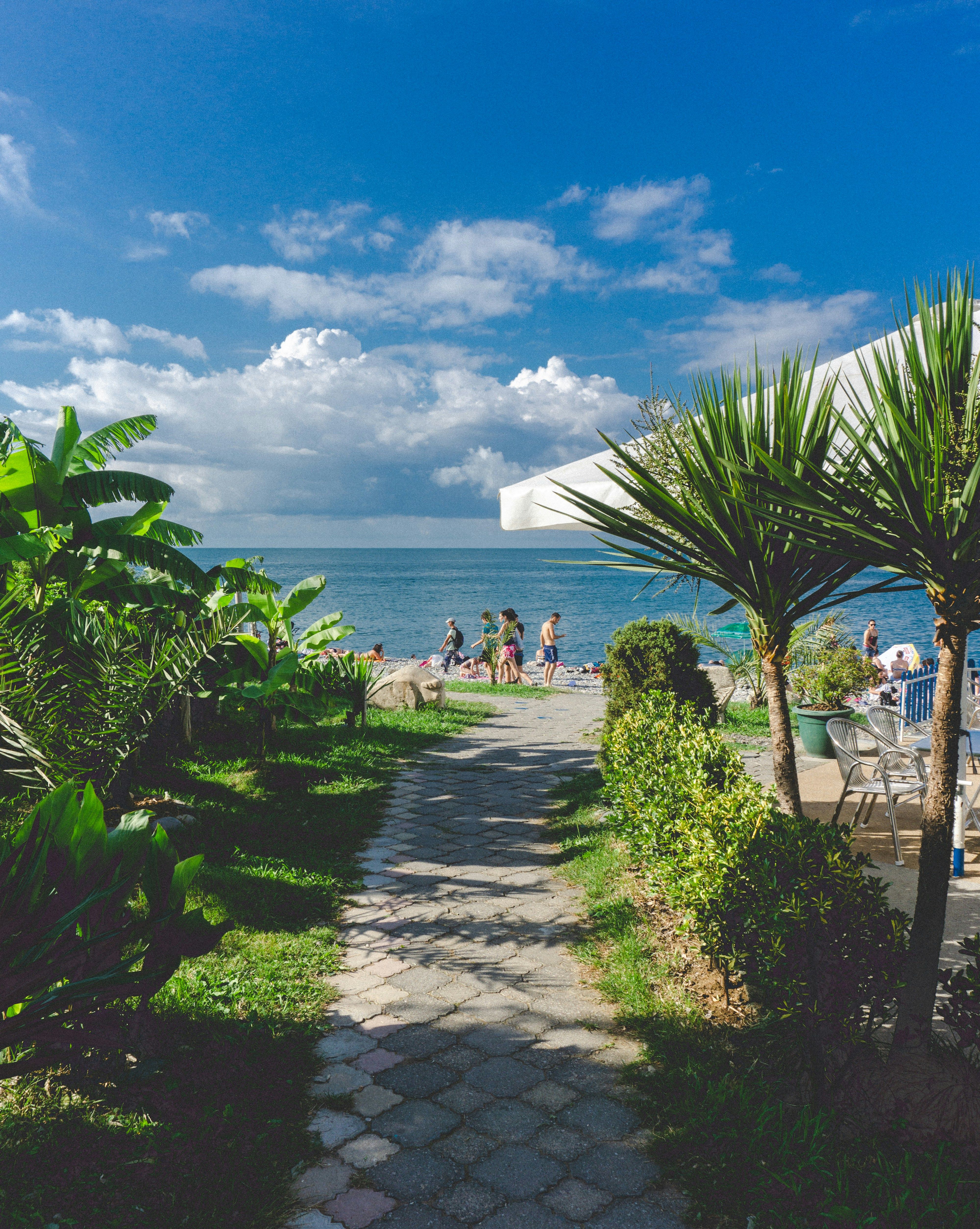Protecting Cognitive Health: Mediterranean Diet and Active Lifestyle as Potential Safeguards
In a groundbreaking clinical trial, researchers from Australia, New Zealand, and the United Kingdom are investigating the combined effect of adopting a Mediterranean diet and regular walking on the risk of dementia and cognitive decline. Dubbed the "MedWalk" intervention, this study aims to provide insights into the potential benefits of these well-established brain health practices.
Previous research points to both the Mediterranean diet and walking as potentially effective strategies for maintaining cognitive health and reducing the risk of dementias, including Alzheimer's dementia. It is believed that the combined MedWalk intervention may further strengthen these effects. This ongoing trial aims to definitively prove the benefits of the MedWalk approach.
Due to COVID-19 disruptions, the study was forced to make alterations to its original design. It now focuses on a single year follow-up period compared to the initial 2-year plan. Researchers are confident that the modified study shape will still yield significant findings.
Initially conceived to monitor cognitive changes over a period of two years, the study is now poised to close at the end of 2023.
The trial includes participants aged 60 to 90 years, primarily from South Australia and Victoria, recruited from independent living retirement communities. As a result of the pandemic, participants are also being enrolled from the broader community.
The MedWalk intervention involves a combination of dietary changes, a supervised walking regimen, and psychosocial behavioral change techniques. Participants' diets are modified towards a Mediterranean diet, and they receive instruction on its key aspects. Furthermore, the researchers are providing free extra-virgin olive oil, a cornerstone of the Mediterranean diet, to all participants. Group walking sessions for the first six months precede monthly sessions for the remainder of the trial year.
Conner Middelmann, a certified nutritionist specializing in the Mediterranean diet, has underscored the potential link between the Mediterranean diet and a reduced risk of dementia. According to her, the diet may promote brain health by combating oxidative stress and inflammation, providing essential omega-3 fatty acids, maintaining a balanced gut microbiome, minimizing insulin resistance, and avoiding ultra-processed foods. In addition, she noted that sharing meals with loved ones and maintaining an active lifestyle are other beneficial elements of the Mediterranean diet.
Walking is also believed to contribute to better brain health. Studies have shown a dose-dependent relationship between the number of daily steps and reduced dementia risk. Taking 10,000 steps a day is associated with a 50% lower risk of dementia. Further research suggests that walking may improve brain blood flow, stimulate brain activity, reduce stress levels, and offer social and environmental benefits, all of which could contribute to cognitive health.
As the data-collection period approaches its close, the researchers will have a clearer understanding of the MedWalk intervention's impact on cognitive decline and dementia. The findings could pave the way for improved strategies to support brain health in the aging population.
- The MedWalk intervention, a combination of dietary changes, walking, and psychosocial behavioral techniques, is under investigation for its potential impact on dementia and cognitive decline.
- Conner Middelmann, a nutritionist specializing in the Mediterranean diet, emphasizes that this diet may reduce the risk of dementia by combating oxidative stress, providing essential omega-3 fatty acids, and maintaining a balanced gut microbiome.
- Walking itself is considered beneficial for brain health, with studies showing a reduced dementia risk for those taking 10,000 steps a day, due to improvements in brain blood flow, stimulated brain activity, and stress reduction.
- Initially planned for a two-year follow-up period, the MedWalk trial has been modified due to COVID-19 disruptions, now focusing on a single year follow-up ending in 2023.
- Participants in the study, aged 60 to 90 years, are primarily from South Australia and Victoria, but also include those from the broader community due to the pandemic.
- The findings of this study could provide insights into improved strategies for supporting mental health, fitness-and-exercise, nutrition, and health-and-wellness in the aging population, potentially paving the way for innovative dementia prevention methods.






